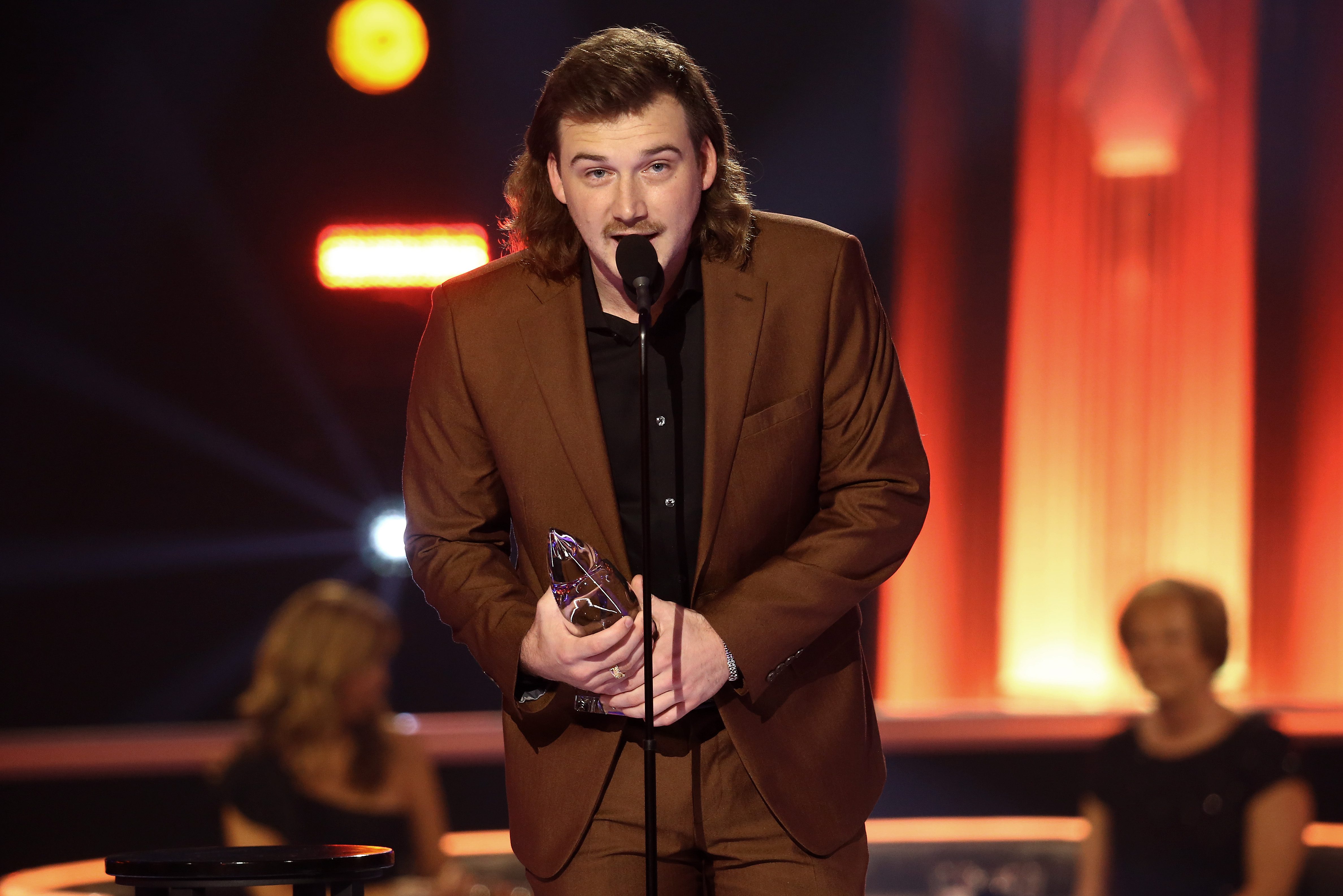When singer-songwriter Yola first broke out last year, earning four Grammy nominations (including one for Best New Artist) on the heels of her excellent 2019 debut Walk Through Fire, there was plenty of ink spilled not just about the music she makes but what she represents as a Black woman from the UK nominated in the awards show’s Americana categories. The country-soul artist has carved out space for herself in a genre that has historically been dominated by white men, and recent controversies like the Morgan Wallen scandal have only underscored just how much still needs to change in order to fix Nashville’s race problem.
Even well-intentioned fans and critics excited about the prospect of a little diversity in the genre have veered dangerously close to tokenism when describing her. But Yola is so much more than “Black country singer,” and she’s doing everything she can to help elevate other minority voices in the hopes that one day, she and her peers — like Mickey Guyton, Rissi Palmer, Kane Brown and Jimmie Allen — will no longer be viewed as novelties. She reportedly went out of her way to recruit Black and Asian songwriters to collaborate with on her new album, Stand For Myself (out today via Easy Eye Sound), along with pals like Natalie Hemby and Aaron Lee Tasjan. And on her sophomore effort — all about finding a voice, standing up and advocating for herself — she defies any sort of easy genre categorization.
Stand For Myself, produced by The Black Keys’ Dan Auerbach, does feature some straightforward country tracks, like “Diamond Studded Shoes,” inspired by the hypocrisy of former British Prime Minister Theresa May calling for austerity while wearing the titular footwear, and the excellent kiss-off “Whatever You Want,” a vocal highlight that sees her belting over a pedal steel guitar. (“I thought I would be alright, but I’m not gonna stay and fight with the good ol’ boys, cause good ol’ boys will have you beggin’ and pleadin’,” she sings on the latter, alluding perhaps to the Southern white men we’ve all come to associate with the genre.) But it also finds the talented 38-year-old leaning hard into other sounds, like smooth R&B (“Like a Photograph”), doo-wop (“Great Divide,” another standout vocal performance), pop and even disco (“Dancing Away in Tears,” a co-write with Auerbach and Hemby that sounds like a cover of some long-lost Bee Gees cut and proves that this is, in fact, the summer of the ’70s).
It’s thrilling to hear an artist as talented as Yola stretching her wings and coming into her own, and that’s exactly what she does on this record — both sonically and lyrically. She’s unafraid to speak out about issues like race, class and inequality, and in addition to “Diamond Studded Shoes,” much of the album is devoted to tackling these systemic problems. On “Be My Friend,” which features some lovely backing vocals from Brandi Carlisle — with whom she sometimes collaborates in the Highwomen — she calls for allyship: “Hoping when they go and say our childen’s names/Hoping that humanity will save them from the grave,” she sings. “And so I ask you/Won’t you be my friend/Out in the rain?” Opening track “Barely Alive,” a 1960s soul-inspired track, alludes to the generational trauma of racism. (“Who can tell/How long we’ll feel this pain?” she asks. “Is it here for a spell, or will it always remain?”) The title track muses on how challenging but important it is to stand up and fight for oneself.
That message, ultimately, is what ties Stand For Myself together more than any particular sound or style. “I want people to feel like they know a dark-skinned Black woman, a little better,” Yola says in the album’s press materials. “I could be the first, and all with an English accent and a chocolate bar skin tone. I will be an example of nuance that one can reference that someone might not have had, because the media does not want to portray us in a way that is nuanced.”
Representation matters, and there’s deep value in Yola refusing to be contained by any one label or classification. Her call for nuance is an important one, and we’ll have plenty more opportunities to get to know her better in the near future as she next heads out on tour with Chris Stapleton and stars as the legendary Sister Rosetta Thorpe in Baz Luhrmann’s forthcoming Elvis Presley biopic. But for now, Stand For Myself cements her status as one of the most fascinating new artists working today — regardless of genre.
This article was featured in the InsideHook newsletter. Sign up now.





















